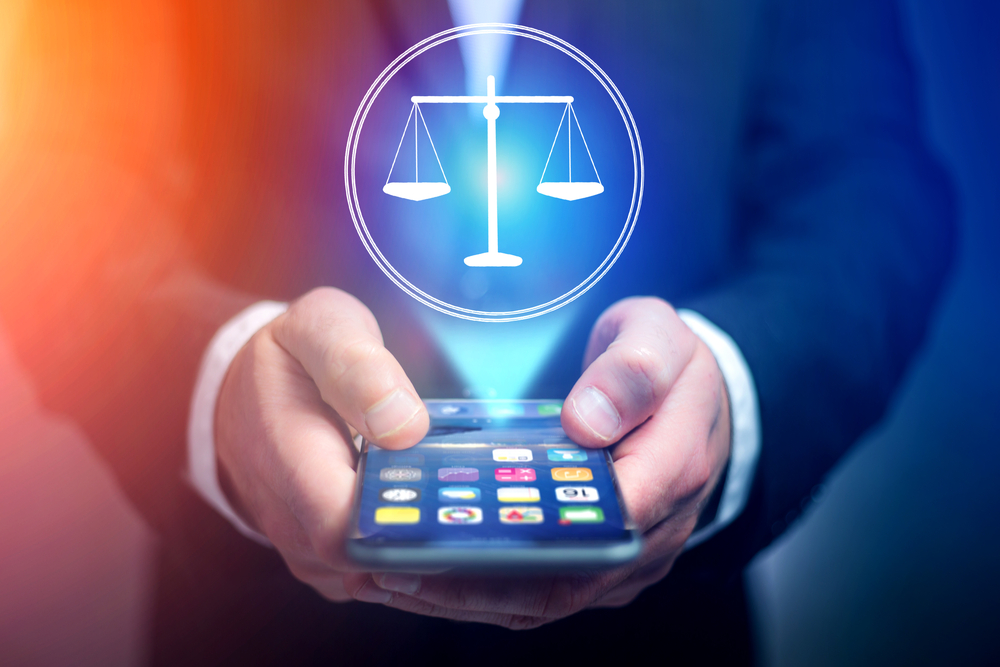
16 Nov What Are You Missing?
The Washington Post recently reported on a story about Christopher Precopia, 21, of Texas who was arrested in September 2017 after being accused of raping an ex-girlfriend. Precopia was accused of breaking into her home, assaulting her and carving an “X” into her with a box cutter.
These horrific charges rocked Precopia. He was stressed and upset and had no idea how to defend himself. His family was devastated as well, particularly his mother Erin.
According to his accuser, Precopia committed the crime on September 20, 2017 at her home in Temple, Texas. The police believed her story. She was credible and had a detailed story. That was enough for the police to obtain an arrest warrant and arrest Precopia. He was bailed out later by his mom and dad who had to borrow money to cover the $150,000 bond.
Precopia knew he was innocent, he had never been to his accuser’s house and had no contact with her. But how could he prove this? After all, every investigator knows it is impossible to prove the negative.
The answer to Precopia’s problem was in his cell phone. It turns out that at the same time the assault was supposedly taking place, Precopia was in another town 70 miles away taking a “selfie” with his friends.
Cellphones make amazing records of what they are doing. They are unbiased and reliable witnesses! Every action that takes place on your phone to include locations, times, movements, what was viewed, who was called, text messages and a large amount of other records are stored on the phone. In this case, Precopia was fortunate to have taken the picture and was able to use it to prove his innocence. The picture not only showed the time but also the GPS coordinates where it was taken – proving he was innocent!
But, the defense needs to ask: Why didn’t the police look at the accuser’s phone? Why didn’t they look at the defendant’s phone? Rarely do the police ever examine the complainants personal device. But why not? Isn’t that where the evidence would be to prove, or disprove the accusation?
And the phone is just one type of thing that records data. Others include: vehicles, computers, tablets, and wearable devices like fitbits or watches. These can be vital “witnesses” that could be used to “prove the negative.” The defense should look at each of these and ask if they were reviewed, and if not – why not?
The charges were dropped against Precopia. But only because Erin, his mother, who had a copy of the selfie, realized the timestamp on the photo was important.
